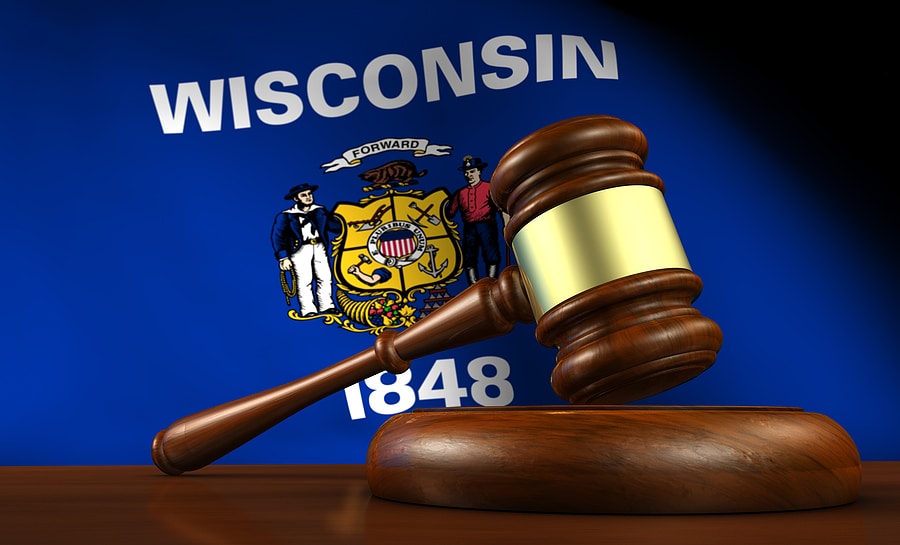Bail Hearings and Pre-Trial Release: What to Expect
When you have been charged with a crime, your freedom while you are awaiting the final outcome of your case is not guaranteed. The judge would have to decide whether you can be released before you were to stand trial or whether you must remain in jail while you await trial. Before the judge can make this decision, you are entitled to due process and the right to be heard. Below, we will talk through what you can anticipate before a trial and how a criminal defense attorney at the firm of Hogan Eikhoff can represent you at any pre-trial hearings.






